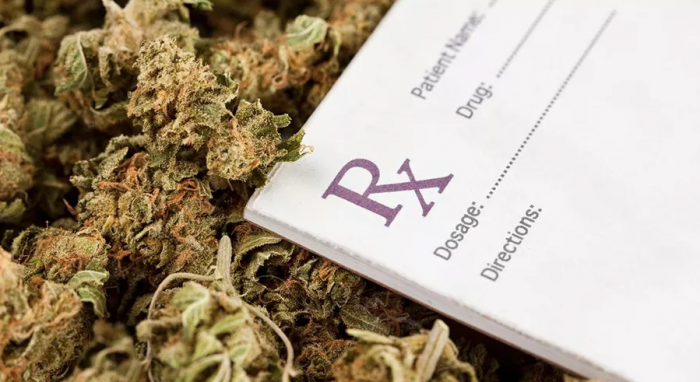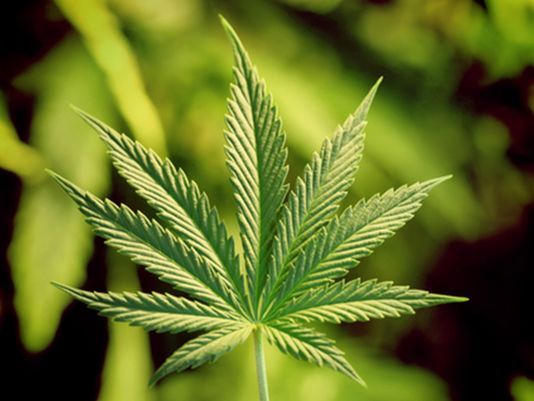The list of 51 rules is the first definitive set of regulations that prospective canna-businesses can use to prepare for when the state begins accepting licensing applications on December 15th.
Michigan officials have released a set of emergency regulations for their medical marijuana program, just days before the state begins accepting licenses for MMJ businesses on December 15th. The state’s Department of Licensing and Regulatory Affairs (LARA) released the regulations on Monday and they were signed by Gov. Rick Snyder the same day. The rules are immediately active, and will remain in effect for six months, at which point the state is expected to present a final set of regulations.
LARA has been releasing advisory bulletins on various topics relating to the cannabis industry since September, but this list of 51 rules is the first definitive set of regulations that prospective canna-businesses can use to prepare for the formal licensing application process.
“The emergency administrative rules are designed to preserve patient protections and provide them with access to safe medical marihuana [sic],” Andrew Brisbo, director of the state Bureau of Medical Marihuana Regulation (BMMR), said in a statement.
“These rules also allow growers, processors, secure transporters, provisioning centers, and safety compliance facilities to operate under clear requirements.”
The fee for applying for a license is $6,000. Licensees will need to demonstrate that they have enough capital to run their business, which can range from $150,000 to $500,000 depending on what they do in the cannabis space. A currently-licensed caregiver can use their inventory of cannabis plants as proof of assets, though.
This would allow a caregiver with the maximum allowed limit of 72 plants, each providing eight ounces of flower, to declare as much as $144,000 in assets, according to the Lansing State Journal.
All applicants for cannabis licenses must reveal their identity and submit to a criminal background check. An individual can undergo this check before applying to a local municipality or choosing their business location.
The rules also require that any licensee must report any theft or criminal activity on their premises within 24 hours of any incident, so that state law enforcement can take immediate action. The state has also implemented a tracking system to keep tabs on all cannabis grown in the state.
The regulations also impose strict limits on advertising, prohibiting any that can be seen from streets, parks, or public places. There are also numerous regulations concerning security measures that canna-businesses must implement, requirements for storage and waste management, and rules for maximum THC levels, as well as other restrictions on edibles.
The BMMR expects to begin awarding licenses in the first quarter of next year. Once underway, the industry is expected to bring in around $711 million in sales, with $21 million going to the state in the form of tax revenue.
Meanwhile, the Coalition to Regulate Marijuana like Alcohol has acquired more than enough signatures to place a measure to legalize recreational cannabis in the state on next year’s ballot.














